New vaccine for Scale Drop Disease Virus represents a promising breakthrough
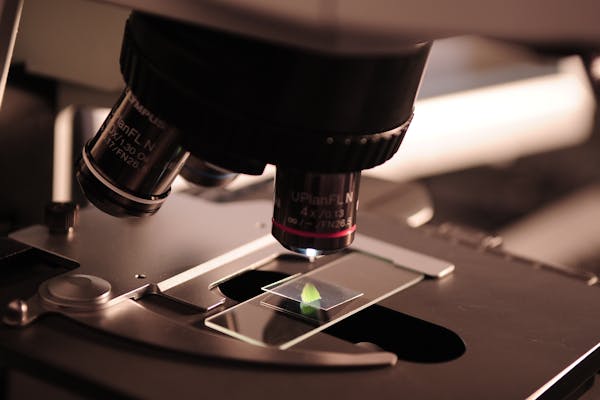
UVAXX has successfully developed the first vaccine to protect barramundi, also called Asian sea bass, from the Scale Drop Disease Virus (SDDV).
SDDV has led to severe losses for fish farmers, particularly in Southeast Asia. This virus makes fish lose their scales, develop skin lesions and can cause high death rates, sometimes up to 70 percent among both young and adult fish. UVAXX, a subsidiary of Barramundi Group and the Agency for Science, Technology and Research (A*STAR), says the new vaccine could be a “game-changer” for the industry.
“Through our 12 years of experience working with farmers to provide veterinary services and fish health solutions, we have witnessed the severity and devastation caused by SDDV,” wrote representatives in a LinkedIn post. “Until today, there are no commercially available solutions. We are proud to be on track to be the first to bring the solution to market.”
The vaccine is designed to protect fish from SDDV by using specific virus components, called epitopes, that stimulate the fish’s immune system. This approach is intended to boost the fish’s natural defenses against the virus.
“Derived from pathogen proteins, the epitopes are the targets of specific arm of the immune system such as antibodies that neutralize viral particles, and killer cells to directly eliminate infected cells and regulate the immune responses,” said Professor Renia Laurent Claude Stéphane, A*STAR senior fellow in a press release. “In many ways, this epitope-based vaccine design is novel for the aquaculture sector and we are energized and committed to identify more use cases of this technology together with UVAXX.”
UVAXX reports that the vaccine has a 75 percent effectiveness rate and will be incorporated into standard practices at hatcheries and fish farms. With no existing commercial solutions for SDDV, the team at UVAXX and A*STAR is set to be the first to offer this new remedy.
“Efficacious vaccines remain the most critical tool for enabling a paradigm shift in aquaculture disease management from a reactive to a preventative approach and transforming farm production unit economics,” wrote representatives on LinkedIn.
Before taking the vaccine to market, the next phase is to run large-scale field trials with local farms, evaluate the vaccine’s safety and effectiveness, set up the manufacturing process and obtain regulatory approval.
Now that you've reached the end of the article ...
… please consider supporting GSA’s mission to advance responsible seafood practices through education, advocacy and third-party assurances. The Advocate aims to document the evolution of responsible seafood practices and share the expansive knowledge of our vast network of contributors.
By becoming a Global Seafood Alliance member, you’re ensuring that all of the pre-competitive work we do through member benefits, resources and events can continue. Individual membership costs just $50 a year.
Not a GSA member? Join us.
Author
Tagged With
Related Posts
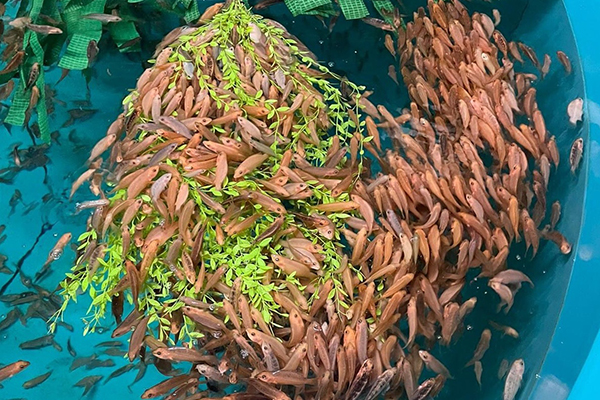
Health & Welfare
SAIC boosts funding for cleaner fish vaccination research
SAIC funds research to fine-tune a cleaner fish vaccination, potentially improving sea lice control in salmon farming.
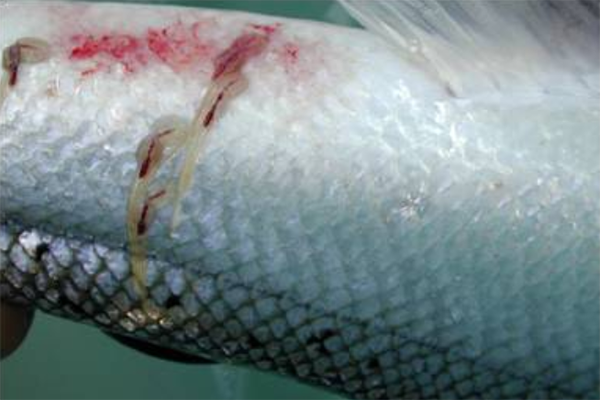
Health & Welfare
Scientists are developing a new ‘groundbreaking’ oral vaccine for sea lice in farmed Atlantic salmon
A new oral vaccine using reverse vaccinology and artificial intelligence may help with sea lice challenges faced by the aquaculture industry.
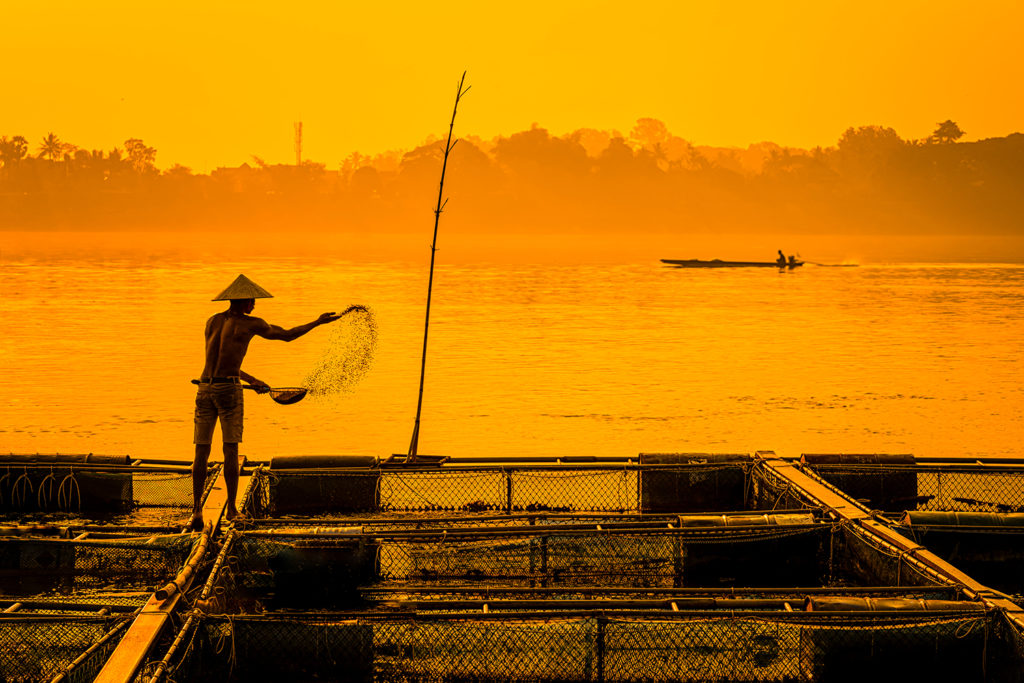
Health & Welfare
Israeli firms developing oral medicines for shrimp and finfish aquaculture
Israeli companies ViAqua Therapeutics and TransAlgae say their orally administered medicines for shrimp and fish aquaculture are in the pipeline.
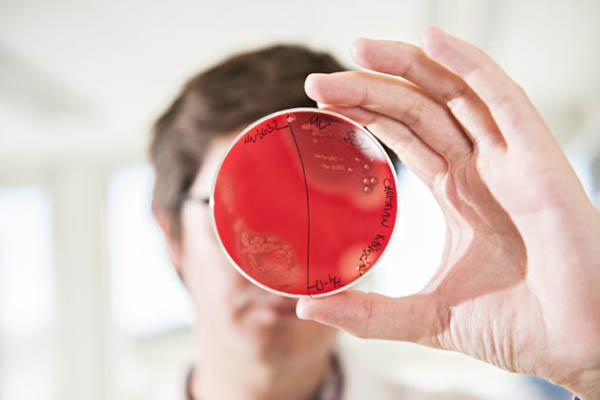
Health & Welfare
Nofima gleans new insights on how to protect farmed salmon from winter ulcers
The vaccine for Moritella viscosa, which causes winter ulcers, performs better if developed with the correct strain of bacteria, Nofima says.



